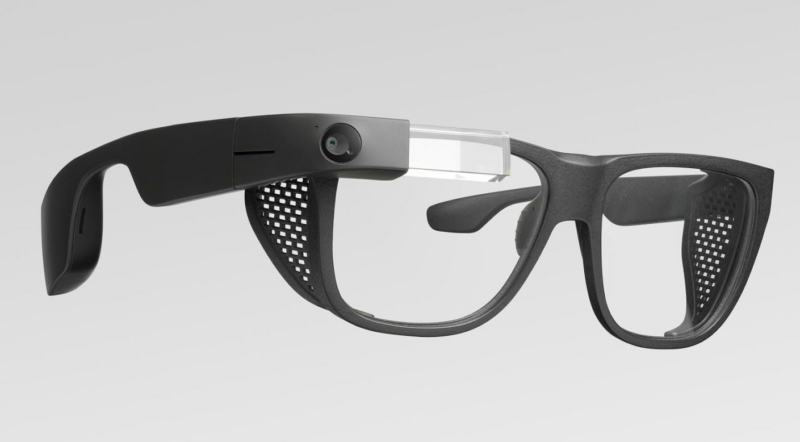
Google was one of the early leaders in the first wave of modern augmented reality (AR) research and devices, but the company has appeared to cool to AR in recent years even as Apple and Facebook have invested heavily in it. But it looks like that trend will soon be reversed.
On LinkedIn, operating system engineering director Mark Lucovsky announced that he has joined Google. He previously headed up mixed reality operating system work for Meta, and before that he was one of the key architects of Windows NT at Microsoft. "My role is to lead the Operating System team for Augmented Reality at Google," he wrote.He also posted a link to some job listings at Google that give the impression Google is getting just as serious about AR as Apple or Meta.
As 9to5Google discovered, one of the listings ("Senior Software Developer, Embedded, Augmented Reality OS") described Google's objective in clear terms:
Our team is building the software components that control and manage the hardware on our Augmented Reality (AR) products. These are the software components that run on the AR devices and are the closest to the hardware. As Google adds products to the AR portfolio, the OS Foundations team is the very first software team to work with new hardware.
Other job listings say new hires will be working on an "innovative AR device." And one specifies that Google is "focused on making immersive computing accessible to billions of people through mobile devices."
The roles are largely in the United States, but some are located in Waterloo, Ontario—the HQ of Canadian smart glasses maker North, which Google acquired in 2020.
Google has offered APIs and tools to help AR developers make experiences for Android, and the company still offers the once-hyped Google Glass headset (which essentially runs Android) to enterprise customers. But these listings suggest that Google isn't just dabbling anymore.
Facebook was recently renamed Meta based on CEO Mark Zuckerberg's co-opting of the science fiction phrase "metaverse" to describe a new company strategy that would seek to build a mixed reality digital layer for social connections and work around the world. And there have been reliable reports that Apple will introduce its first mixed reality headset next year, though that product is unlikely to be a mass-market consumer device.
All that is to say that big tech players are ramping up for a battle over augmented reality, which both Zuckerberg and Apple's Tim Cook have described as the next big computing platform after smartphones.
We're still likely a decade or more away from mass consumer adoption of AR devices for a wide range of good reasons, but Google, Apple, and Meta are all staffing up to prepare for the long road to that possible future.
reader comments
100